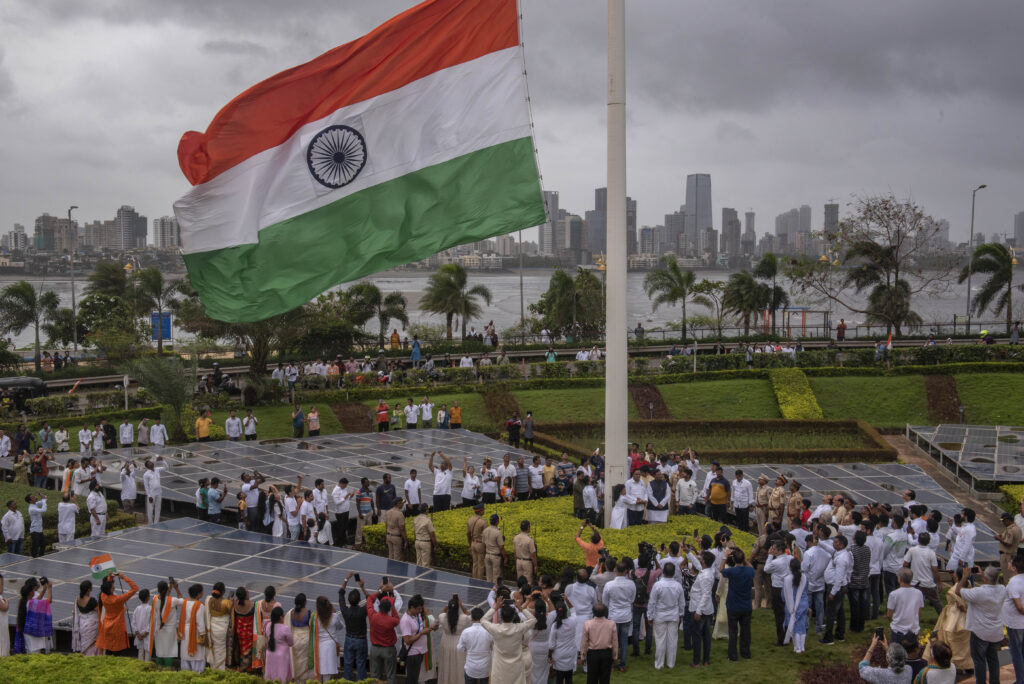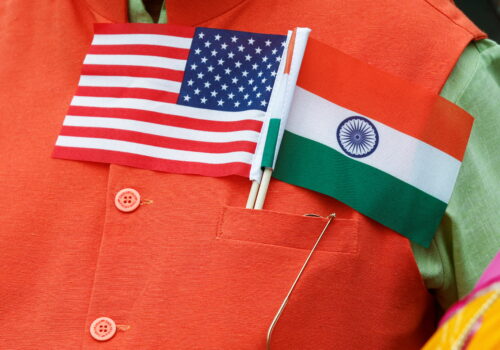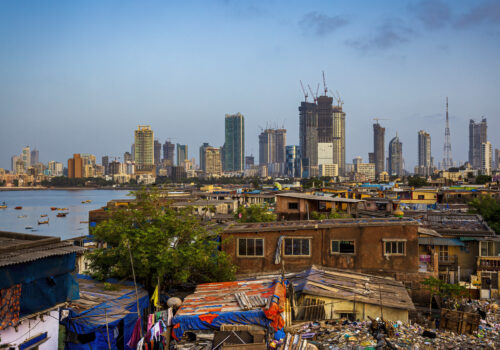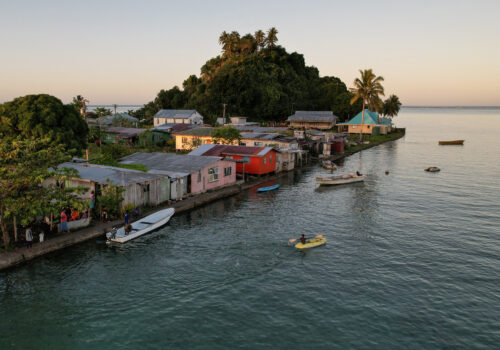In his compelling new book, Why Bharat Matters, India’s External Affairs Minister S. Jaishankar uses the Sanskrit term vishwa mitra—translated loosely as a “universal friend” or “a friend of everybody”—to describe what I’ve been calling “Global India.”
The emergence of India as a rising, global power is one of the most significant events of our times, one too easily overlooked with all the attention on China’s expanded influence, the United States’ struggle to sustain its world role, and wars in Europe and the Middle East that have kept attention elsewhere.
Yet as Indians continue to go to the polls this month in the largest democratic election ever (some 970 million registered voters in a country of 1.4 billion), it’s worth reflecting not only on who will win. It seems a foregone conclusion that Prime Minister Narendra Modi will gain a third five-year term. More important is understanding what difference Modi’s India will make on the global stage as its economy and ambitions grow.
Will it be the India that has expanded its economic relationship, and particularly its oil purchases, with autocratic Russia, having significantly increased its trade with the country since the Kremlin launched a full-scale invasion of Ukraine in 2022? Or will it be the India that is deepening relations and security links with the United States through the Quadrilateral Security Dialogue (known as the Quad) and myriad other agreements?
The answer is that it intends to be both, or vishwa mitra.
A senior Gulf official tells me that India already punches above its weight on the world stage, where it is increasingly present in almost all corners. This is in part because India doesn’t stir up the antibodies that both Chinese and US presence can (except, of course, with Pakistan and China). The strength of the US-India relationship depends in no small part on how Washington will balance its strategic ambitions with India’s determination to remain an independent actor.
With that as context, read the Economist’s cover story this week, kicking off a special report on the country by asking, “How strong is India’s economy?” The more compelling question is: What specific goals and ambitions will India bring with its de facto leadership of the Global South and its role as the world’s most populous democracy?
What we know is that India is the world’s fifth-largest economy and is on track to be number three by 2027. Its growth rate of around 7 percent per year remains the fastest among large countries. India’s stock market is already the fourth largest in the world, and its business confidence is higher than at any time since 2010.
“Rising wealth means more geopolitical heft,” writes the Economist, mentioning that India deployed ten warships to the Middle East after Houthi attacks disrupted traffic through the Suez Canal. Being the friend of everyone, sustaining vishwa mitra, is going to be more difficult as India’s global influence grows.
Frederick Kempe is president and chief executive officer of the Atlantic Council. You can follow him on Twitter: @FredKempe.
This edition is part of Frederick Kempe’s Inflection Points Today newsletter, a column of quick-hit insights on a world in transition. To receive this newsletter throughout the week, sign up here.
Further reading
Mon, Apr 1, 2024
The US needs a new paradigm for India: ‘Great Power Partnership’
New Atlanticist By
Amid great power competition with China, the United States and India should forge a “Great Power Partnership" to their mutual advantage.
Wed, Jan 24, 2024
The advanced consumer economy driving India’s ascent
Econographics By Josh Lipsky, Sophia Busch
By 2030, India could become the world's third-largest economy. Here's how the rise of powerful consumers within the country is creating a massive new domestic and international market.
Fri, Mar 29, 2024
Bolstering cooperation among Quad and Pacific Island countries
Issue Brief By Parker Novak, Kyoko Imai
As the Pacific Islands’ relevance grows, there’s an influx of diplomatic attention and development assistance as external powers seek to curry favor with the sixteen countries. Australia, India, Japan, and the United States (the Quad) seeks to bolster regional engagement to address key regional issues including climate, connectivity, economic development, and maritime security.
Image: MUMBAI, INDIA AUGUST 15: BJP leader Ashish Shelar hoists the 100-feet tall Indian national flag at Bandra Reclamation on the occasion of the 75th Independence Day celebrations, on August 15, 2022 in Mumbai, India. (Photo by Satish Bate/Hindustan Times/Sipa USA )



